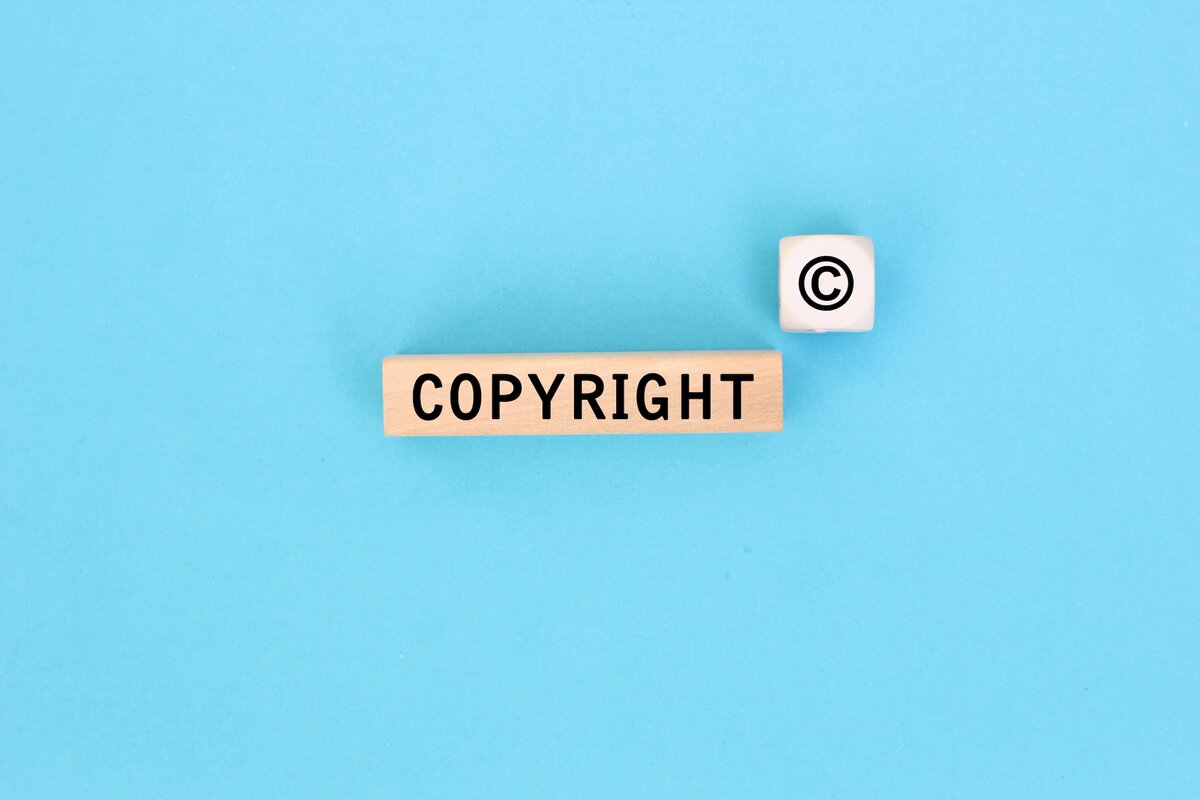How Hong Kong’s Legal System Protects Your Creative Works on Online Sharing Platforms
Online sharing platforms (OSP), like YouTube and TikTok, have revolutionized the distribution of creative works. While these OSP provide unprecedented opportunities for exposure, they also present significant risks of copyright infringement. Notably, infringers have taken advantage of the borderless nature of the Internet, believing either that their actions are extraterritorial and beyond legal reach, or that copyright owners are unlikely to pursue legal action in the foreign jurisdictions where these infringers reside. Infringers who believe they can act with impunity have inflicted significant harm on copyright owners.
Where the infringement occurs on an OSP, a request may be made by the copyright owner for the removal of the infringing contents. Due to the unregistrable nature of copyright, the OSP may require copyright owners to initiate legal action as further proof of ownership. However, an OSP would usually not express on the specific jurisdiction in which such legal action should be filed.
Choosing the right jurisdiction
There are potentially three options a copyright owner may choose.
A common belief is that a copyright owner may only sue the infringer in accordance with the jurisdiction clause in the Terms and Conditions with the OSP. However, since there is no privity of contract between the owner and the infringer, the jurisdiction clause is likely to be irrelevant.
On the other hand, as copyright is territorial in nature, copyright owners are often advised to pursue legal action in the jurisdiction where the infringer is domiciled. This approach has the apparent advantage of making it difficult for the infringer to evade legal proceedings and enforcement. However, many copyright owners may hesitate to take this route due to their unfamiliarity with the specific foreign legal system, as well as the disconnect between the economic loss incurred and the forum chosen for the lawsuit. Additionally, infringers may intentionally exploit the subtle differences in copyright regimes.
Another option is to initiate legal action in the jurisdiction where the copyright owner is based or has a business presence. Traditionally, it was believed that actions taken abroad could not infringe upon local intellectual property rights, making this option seem unviable. However, given the borderless nature of the Internet, it is increasingly accepted that the “targeting” of residents within a jurisdiction should be regarded as an act occurring within that jurisdiction. For instance, in the recent English case of Entertainment One UK Ltd & Anor v Sconnect Co Ltd & Ors [2022] EWHC 3295 (Ch), the English Court acknowledged its jurisdiction to adjudicate a dispute involving IP infringements on an OSP where the consumers in the UK were specifically targeted, even though the alleged infringer was based in Vietnam.
Once the option to sue in jurisdictions other than the infringer’s hometown becomes available, pursuing legal action in Hong Kong can be a strategic choice if the copyright owner is based in Hong Kong or if the economic value of their creative works is realized here.
Hong Kong’s advantages in safeguarding copyright
At the heart of Hong Kong’s copyright protection is the Copyright Ordinance, which extends to various forms of creative expression, including music, art, literature, and audiovisual content. This legislation grants creators exclusive rights to reproduce, distribute, and publicly display their works. Under the Copyright Ordinance, no registration is required. Hong Kong also adopts an open system which does not require the claimant to be domiciled or incorporated in Hong Kong.
Where the infringer is domiciled in another jurisdiction, the Court needs to consider whether it should extend its authority to a body outside its jurisdiction. In such case, Order 11 Rule 1(1)(f) of the Rules of the High Court provides a suitable jurisdictional gateway. This rule permits a claim based on a tort to be served on the defendant outside of the jurisdiction if the damage was sustained or resulted from an act committed within Hong Kong.
As explained, “targeting” may now be considered an act within Hong Kong. If Hong Kong customers are targeted, this may also lead to a loss incurred in Hong Kong since the Hong Kong customers may now prefer the infringing content over the infringed content. While the law requires that such loss should be “significant”, there is no requirement for the copyright owner operating in multiple jurisdictions to demonstrate that Hong Kong is the sole or primary location of those losses.
Even if the above is satisfied, the Court still has a discretionary power to decline jurisdiction, especially when there is a more appropriate forum for the specific case. In Entertainment One UK Ltd, the English Court has taken into account the following in finally accepting jurisdiction:
- The location where the copyright was created or implemented
- The location where the loss is primarily incurred
- The location of relevant witnesses
Depending on the objectives of the claimant, an OSP may sometimes only require the commencement of legal action as proof of ownership. In such case, a claimant in Hong Kong may opt to file a writ without further pursuing the matter by serving the writ on the defendant. If the writ remains unserved within one year from the date of its filing, it will automatically expire without any consequences to the claimant.
Conclusion
While navigating jurisdictional complexities can sometimes be daunting, copyright owners can strategically choose where to initiate legal action based on critical factors such as the locations of the owner and the infringer, the nature of their losses, and their imminent and long-term objectives.
In particular, when the infringing act or content in question is connected to Hong Kong, the evolving interpretation of “targeting” enhances the prospects for legal redress in the region. This shift allows copyright owners to leverage local legislation more effectively, ensuring their rights are protected against infringement in this increasingly borderless world.
Disclaimer: This article is for reference only. Nothing herein shall be construed as Hong Kong legal advice or any legal advice for that matter to any person. Oldham, Li & Nie shall not be held liable for any loss and/or damage incurred by any person acting as a result of the materials contained in this article.
 香港中環雪厰街二號聖佐治大廈五樓503室
香港中環雪厰街二號聖佐治大廈五樓503室 +852 2868 0696
+852 2868 0696

















